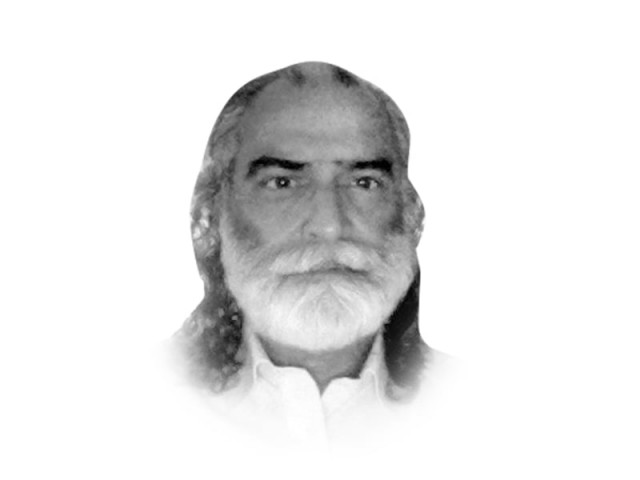Women’s access to civic life
Information & knowledge are power. Information tools are participation, access to media. Our womenfolk lack both.

Women’s access to civic life
There are about 11 million — 40,000 per constituency — fewer women on the electoral rolls than men. A recent baseline survey conducted by Pattan in flood-affected districts of Sindh, Khyber-Pakhtunkhwa and south Punjab verifies this gap. It varies between three per cent in Shikarpur and 25 per cent in Nowshera. In Nowshera, as many as 40 per cent of women were found unregistered. Also, far fewer women have CNICs than men in the places where we conducted the baseline survey. But a devilish practice surfaced when our survey teams found that most women’s CNICs were not in their possession; they are kept either by clan/biradri elders or head of households. A further disturbing statistic is that only 11 per cent of women voted with free will in the past elections; a large majority of women vote under duress.
Information and knowledge are power. Information tools are participation and access to media. Our womenfolk lack both. Baseline data reveal that on average, just four per cent women and as many as 69 per cent men own cell phones. Sadly, a large majority (87 per cent) of the women did not have access to radio, Internet, television, etc. Regarding representation and participation in jirga, panchayat, community meetings and political parties, 98 per cent women said ‘never’. About 90 per cent women never participated in any urs, mela or public religious festivity.
In order to ascertain various aspects of women’s mobility, we asked the following statement: “women can go out to fetch water/wood and to work on farms without permission but not allowed to go out to see a doctor without permission.” Some 95 per cent of men agreed with the statement, while almost all women said it was true. Regarding decision-making roles in family matters, over 70 per cent of women said they were not consulted. No wonder, when we asked if they knew about recently-passed pro-women laws, The Convention on the Elimination of All Forms of Discrimination Against Women (CEDAW) and the MDGs, a large majority of the women had not. Therefore, it may be concluded that women are barred from public decision-making bodies and information sources; and participation in leisure and recreational activities. We must reflect here and ask who is against women’s liberation and socialisation, the Mullah or Malala?
Due to international commitments and pressures, the ruling elite has adopted a gender-sensitive public policy and passed pro-women legislation. But it never launched a publicity campaign about these laws as they continue to spend millions of rupees on distributing laptops, tractors, taxis, buses, the Benazir Income Support Programme, etc. Moreover, civil society and women’s groups, too, fail to utilise this space vigorously. In order to make the upcoming election pro-women and pro-people, progressive groups and individuals should develop a women and citizens manifesto and strive to obtain pledges from political parties and candidates.
Finally, NGOs also tend to act on behalf of women but fail to have their participation. Like the rest of society, we, too, keep them away from public life. This isolation must come to an end. In 2001, NGOs helped about 100,000 women to contest local council elections. We should find those women and motivate them to come forward in order to make the next election gender sensitive as elections provide a golden opportunity for women to reclaim their public space.
Published in The Express Tribune, December 15th, 2012.
















COMMENTS
Comments are moderated and generally will be posted if they are on-topic and not abusive.
For more information, please see our Comments FAQ